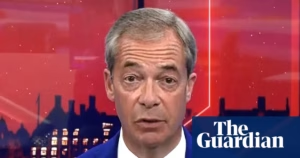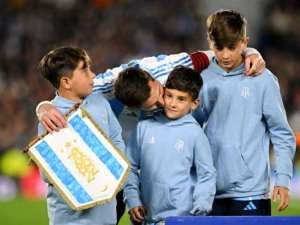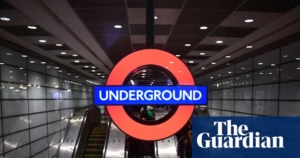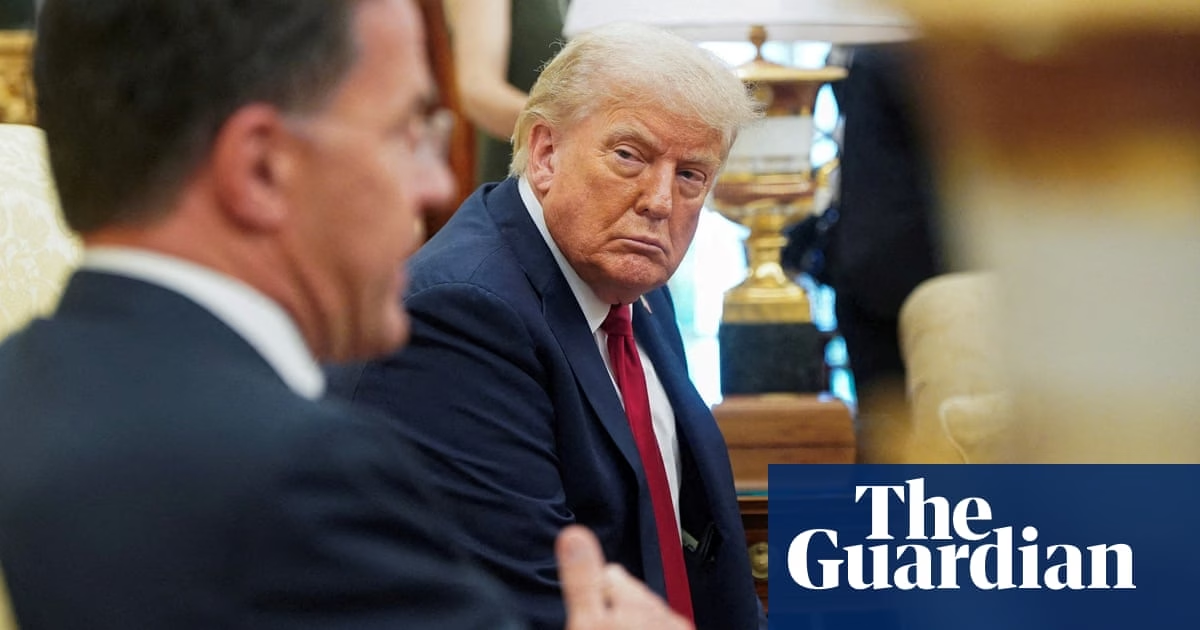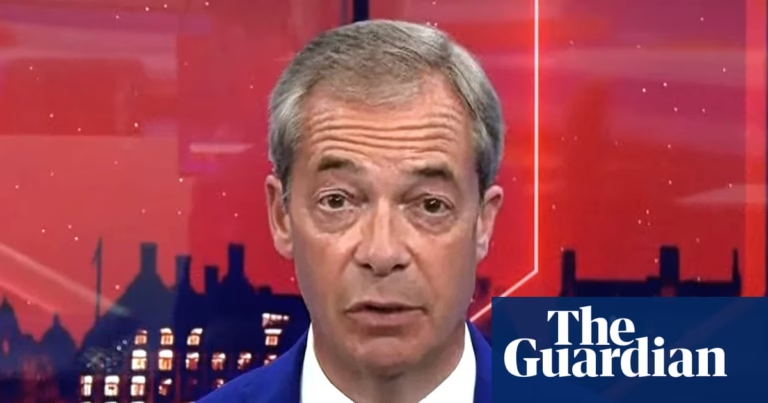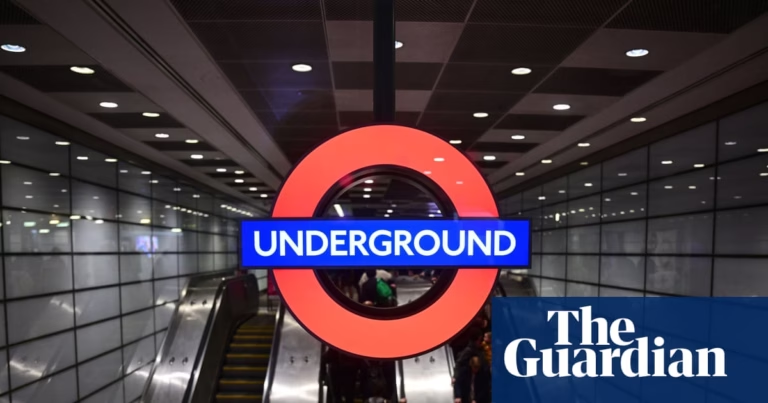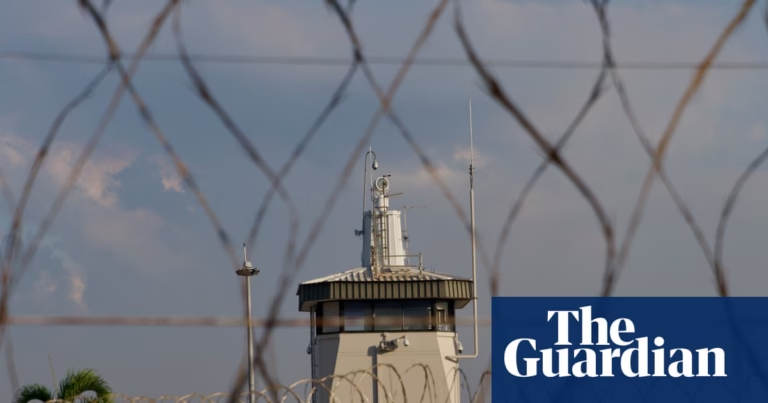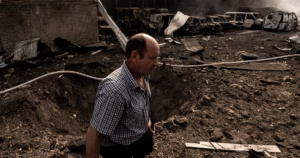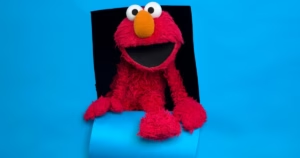For those seeking details, Donald Trump’s meandering half-hour press conference in the Oval Office with NATO secretary general Mark Rutte yielded only a handful of insights. The US will provide weapons to Ukraine, with other NATO countries covering the expenses, yet specifics were scarce.
No monetary figures were mentioned, making it challenging to measure the potential impact of the proposed weapon supply on Kyiv. Scant details were given on the munitions to be supplied, though Trump mentioned complete Patriot missile systems and Rutte added that there would also be “missiles and ammunition.”
It’s difficult to ascertain the exact amount of military purchases that would make a difference and prompt Vladimir Putin to consider a ceasefire. However, in the most general sense, any package exceeding $10bn would certainly signal to Moscow, considering the $67bn previously provided by Trump’s predecessor, Joe Biden, to Ukraine over nearly three years.
There was a direct threat to Moscow. Trump did promise to increase a 100% tariff on Russia if Putin doesn’t agree to halt the fighting within 50 days. However, due to the president’s previous inconsistent record on tariffs, the outcome remains uncertain if Russia doesn’t adhere.
However, Trump’s statements on Monday marked a significant moment. Despite not appearing irritated or angry with Putin when he said “we’re very unhappy – I am – with Russia,” there was a clear indication of frustration with his Russian counterpart.
Trump entered office convinced he could negotiate with Putin to end the Ukraine conflict, initially seeming to treat Ukraine as an afterthought. However, as Trump emphasized, his conversations with the Russian leader have gradually led him to the conclusion that Putin hasn’t been serious.
In this shift, Melania Trump, the president’s Slovenian-born wife, may have played a pivotal role as Ukraine’s most influential lobbyist. “I go home and I tell the first lady: ‘I spoke with Vladimir today, we had a wonderful conversation,’” Trump said. “And she said: ‘Oh really? Another city was just hit’” – nudging him to reconsider his warmth towards the Russian leader, at least according to this account.
Four times, Trump believed he reached an agreement with Putin, but he emphasized that immediate Russian bombing of Kyiv and other major cities forced him to reconsider. “And then the deal wouldn’t happen because bombs would be thrown out that night and you’d say we’re not making any deals,” he said.
For Volodymyr Zelenskyy, this marks a moment of vindication. At the end of February, the Ukrainian president was essentially ostracized from the White House after an unpleasant televised argument. Weapons shipments to Ukraine were halted, intelligence sharing stopped, and though both resumed, the relationship seemed delicate. Weapons shipments were briefly paused again just under two weeks ago.
After newsletter promotion
Instead, Zelenskyy adopted a more cautious tone, hoping in the spring that Trump would gradually realize that Putin was insincere. Over the past few days, this is the conclusion that Trump has reached.
While the current lack of detail may not be enough to push the Kremlin into seeking peace, the shift in tone (and Europe’s willingness to foot the bill) means Ukraine’s most crucial ally remains committed to supporting it in its fight for survival.
